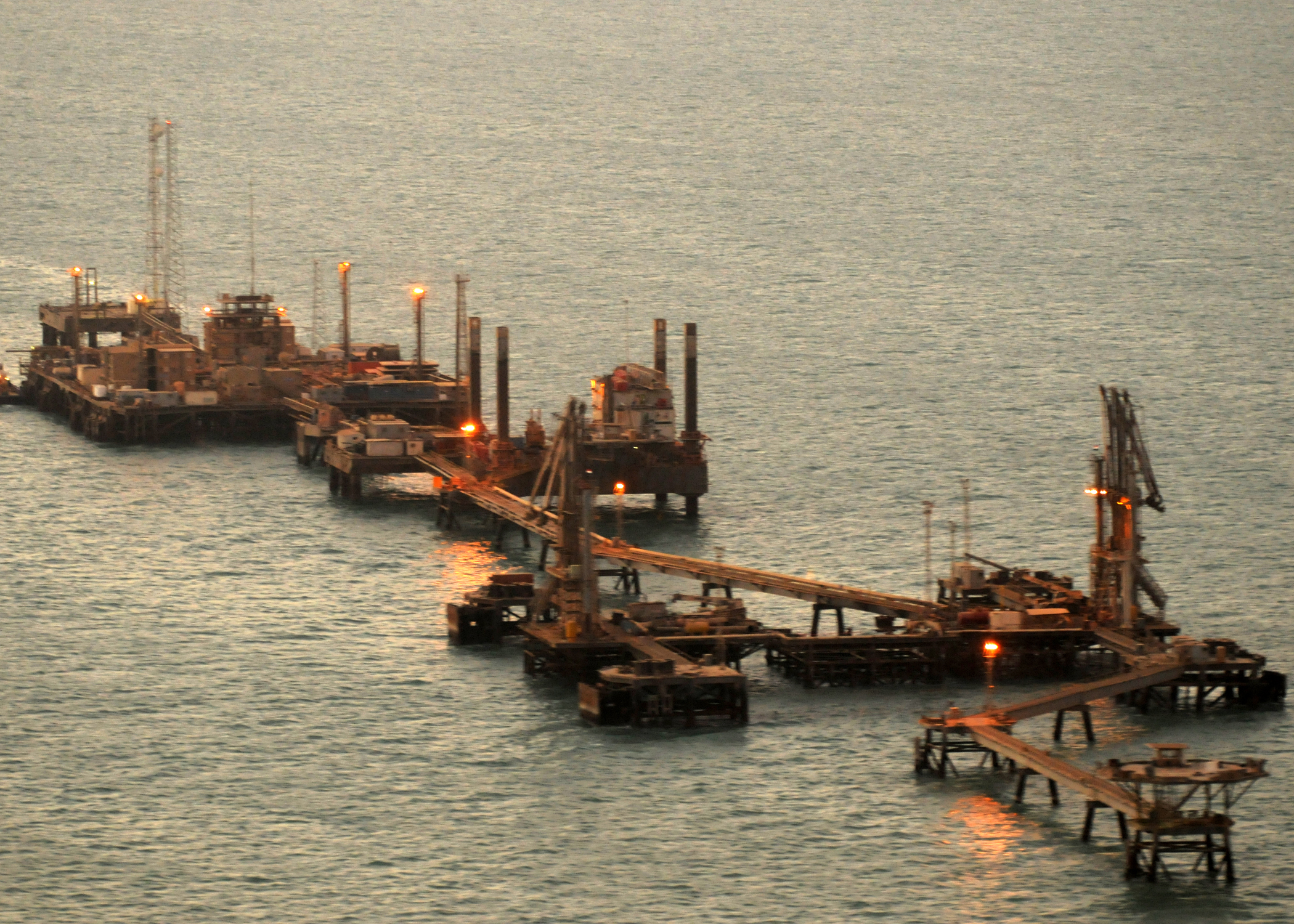How will traumatic decarbonization affect peace processes and political settlements in fragile oil-producing states in Africa and the Middle East?
When global oil prices fell precipitously in 2014, Venezuela and Ecuador were both ruled by left-populist parties reliant on massive oil rents. And yet their governments responded very differently to the oil shock. Venezuela became more repressive and authoritarian while failing to take measures to prevent a complete collapse of the economy. The regime also turned heavily to a new form of extractivism (mining) and greater reliance on illicit transnational trade (of gold and drugs). By contrast, Ecuador liberalized politically while introducing some market-oriented reforms, including rapprochement with the IMF. Non-oil extraction and illicit trade also expanded but as a localized phenomenon rather than as a central policy priority of the state.
Traumatic Decarbonization in Venezuela and Ecuador seeks to explain why Venezuela and Ecuador took such divergent paths despite their similar starting points. Part of the answer may lie in Venezuela’s much higher dependence on oil exports and royalties before the crisis and much deeper collapse in oil production after the crisis compared to Ecuador. But this explanation is not sufficient for two related reasons. First, oil rents accounted for roughly the same share of GDP in both countries at the time of the price collapse. Second, the differences in oil dependence and production are endogenous to other political variables that we argue are behind these divergent paths. Specifically, we identify two such variables: the cohesion of the ruling party and the reach of the military/ coercive apparatus. We argue that differences across these variables at the time of the oil shock explain why the two regimes responded so differently.
The Carbon Compacts, Decarbonization, and Peace in Fragile States in Africa and the Middle East project was a 21-month research project led by the World Peace Foundation at Tufts University and funded by the United States Institute for Peace. Our goal within the project was to analyze how traumatic decarbonization—a rapid loss of oil rents—would affect peace processes and political settlements in fragile oil-producing states in Africa and the Middle East.
Photo: La Perla’, en Venezuela/ “The pearl”, in Venezuela | Repsol (CC BY-NC-SA 2.0)



